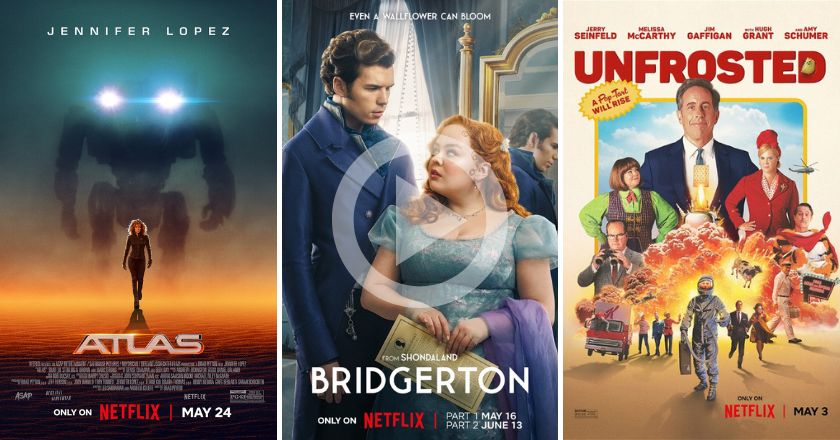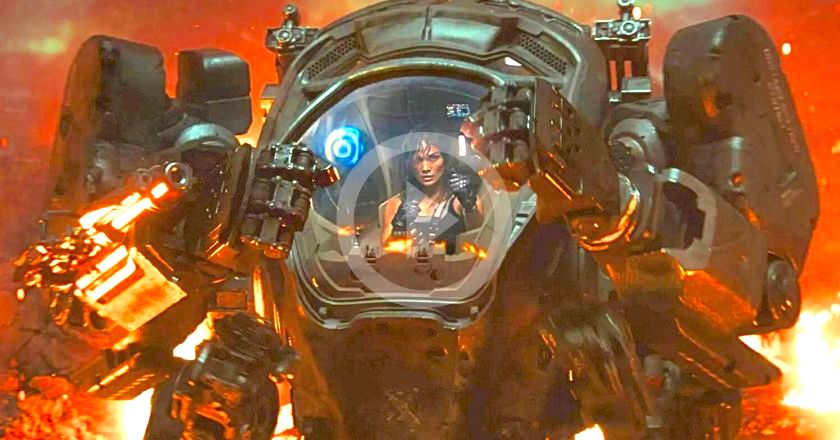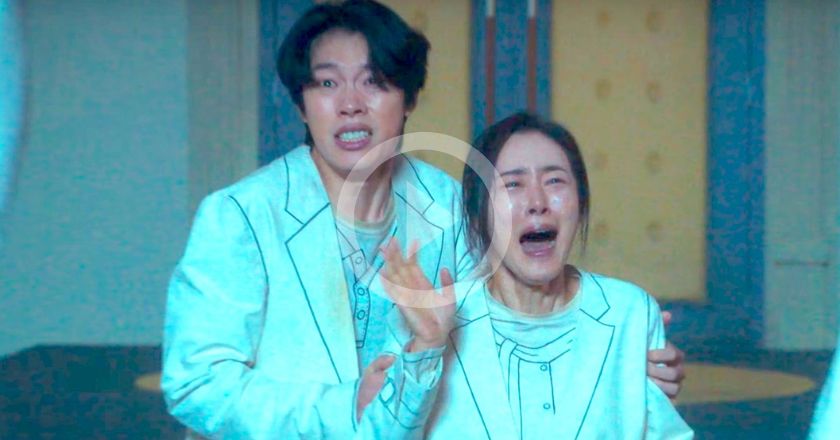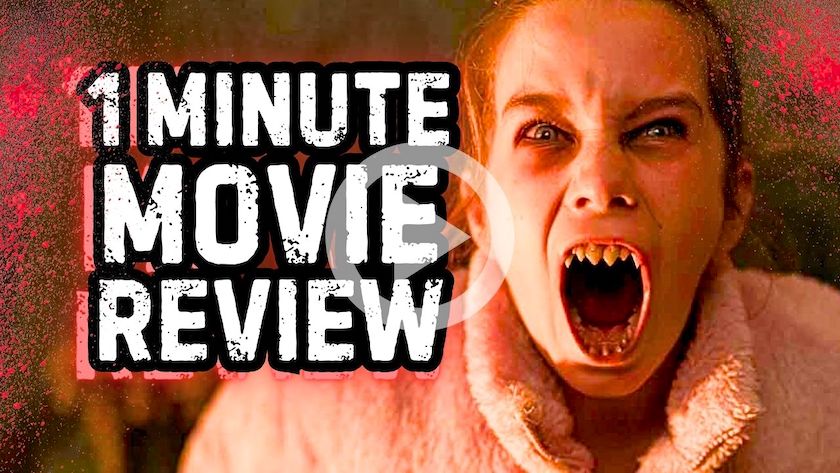
At first Hell or High Water feels like it could be a second-act stumble for Sicario writer Taylor Sheridan. An unsettling Texan quiet doesn’t excite the same way as the frightening Mexico border, and the dialogue repeatedly comes close to pandering to a more conservative American demographic. But as Sheridan expertly brings his contemporary western to a boil, a more subversive subtext begins to rear its head and paves the way for a gloriously grey morality that lingers in your brain long after the film’s inspired conclusion. Hell or High Water lacks the wow factor of a thriller like Sicario and won’t turn heads with such a familiar concept, but beneath its simple story beats something understated and profoundly ponderous that demands attention.
Both a love letter and condemnation of the American Outlaw, Hell or High Water is the story of two bank robbers with arguably honorable intentions, and the aged Texas Rangers trying to put an end to their crime spree. In one corner you have Toby and Tanner Howard (Chris Pine and Ben Foster respectively), two brothers trying to steal enough money to keep the bank from taking their family land. In the other, you have Marcus Hamilton (played by a wonderfully dusty Jeff Bridges) and his partner Alberto Parker (Gil Birmingham), two experienced officers in the waning years of their careers.
More than anything else, Hell or High Water gets its personality by balancing its nihilistic tone, and its comically Texan setting. I mentioned earlier that the script sometimes feels like it’s pandering, and, initially, it does seem like a movie made for your flag-waving grandpa. The jokes about how macho Texans are will have you rolling your eyes, and Bridges’ string of anti-native American jabs danger far too close to the Clint Eastwood divide (that crucial line separating adorable elderly ignorance and I-don’t-know-if-I-should-be-listening-to-this racism). But as the film begins to explore the outlaw as an archetype, this exaggerated vision of small-town Texas starts to click into place.

This is a world where every other person has a gun, and where a gun owner is a hero of their own making. The danger to the Howard brothers isn’t the police force, but the barrage of bullets from civilians in the banks and visiting nearby stores who see these two criminals as a chance to prove their grit. This leads inevitably to the hypocrisy at the film’s core. When the townsfolk are interviewed by the police they express reverence for anyone who would stand up to The Man (personified here by the various branches of Texas Midlands Bank) and put their life on the line to take what’s theirs. It also leads us directly to that nihilism I was talking about earlier.
The sense that the world is closing in on this last great vestige of the “real America” is a burden hanging over every head in the movie. The American dream is being consumed by a world of finance, and the residents of these quiet towns have little choice but to live out their lives and wait for the future to roll them over. It’s a romantic idea, but it’s more than a bit of an oversimplification, and the exposition and dialogue used to deliver it is at times dreadfully heavy-handed. But once again, Hell or High Water manages to turn its problems into strength by twisting the established subtext. It explores this change as a mythic cycle, where the once invading forces have settled into being victims of the next great change. This futility is something the script keeps circling back to, most notably with the Howard boys, which the script repeatedly reminds you are destined for disaster. They are resigned to the fact that it is unlikely they will get away with their actions unscathed, whether that means a bullet or a prison cell. But they’ve found a way to do what’s right (as you might have guessed, there’s more to their plan than robbing banks and keeping a house) and are prepared to throw their lives away to see it done.
For career criminal Tanner, this is both his chance for redemption and permission to flirt with danger every chance he gets. Foster easily takes the spotlight with his redneck anti-hero, giving the film its most sympathetic and emotionally charged figure as well as its most irredeemable in consideration of the acts he actually commits. Much of the humour that proves essential to breaking up the tension is also thanks to Foster’s charmingly tasteless sensibilities and indifference to the moral compass of those around him.
Pine doesn’t get to shine quite as brightly as the more stoic Toby, who has no doubts about the wrongs he is committing but sees it all as a necessary evil. But even playing the straight man, you can’t help but be drawn into his strong, silent type shtick. Pine delivers a complicated mix of pride and shame into his every mannerism, and makes his love and appreciation for his brother undeniable as he relies on him to say the things he can’t say (and often do the things he can’t do).

Bridges and Birmingham aren’t given nearly as much meat in terms of character, and spend most of the film on the outside speculating on the brothers and acting as a mouthpiece for the writer. Which isn’t to say they don’t get their moments in the sun. Birmingham, who for the longest time sits quietly and cops well-meaning racist taunts, expresses much of the film’s most profound ideas and is easily the most in-tune with the world being presented. For most of the run-time Bridges sits somewhere in between his top-notch performance in Crazy Heart and his less memorable turn in R.I.P.D., leaving it somewhere I really could have taken or left. Luckily, Bridges is able to make up for this in the final act, where he is given some of the best material in the movie and reminds everyone that he very much remains a heavy-weight actor.
While it’s not really a film that trades on big set-pieces, the inevitable showdown between the cops and criminals surprises with some tense and gripping action. Director David Mackenzie (Perfect Sense, Starred Up) spends a lot of time slowly building the tension and lets it explode in tragically predictable ways. And by that I don’t mean it’s a letdown, rather the film foreshadows the inescapable fates of its cast and leaves you desperate for a way to avoid what you know is coming. When you care about everyone, it makes it impossible to root for either side, propelling you toward an outcome that is brilliantly executed and yet difficult to watch.
It’s hard to give a one-line pitch for Hell or High Water aside from describing its genre, and with no obvious point-of-difference, it would be easy to let this one pass you by. But there is a magic here in the execution and the characters that make it something special. Though there’s some patience required through the film’s first half, Hell or High Water proves an inspired piece of crime drama that lovingly embraces American archetypes, but is never afraid to challenge them.
I’ll also add that the epilogue is very likely going to wind up being one of my favorite scenes of the whole year. Just in case you’re still on the fence.









